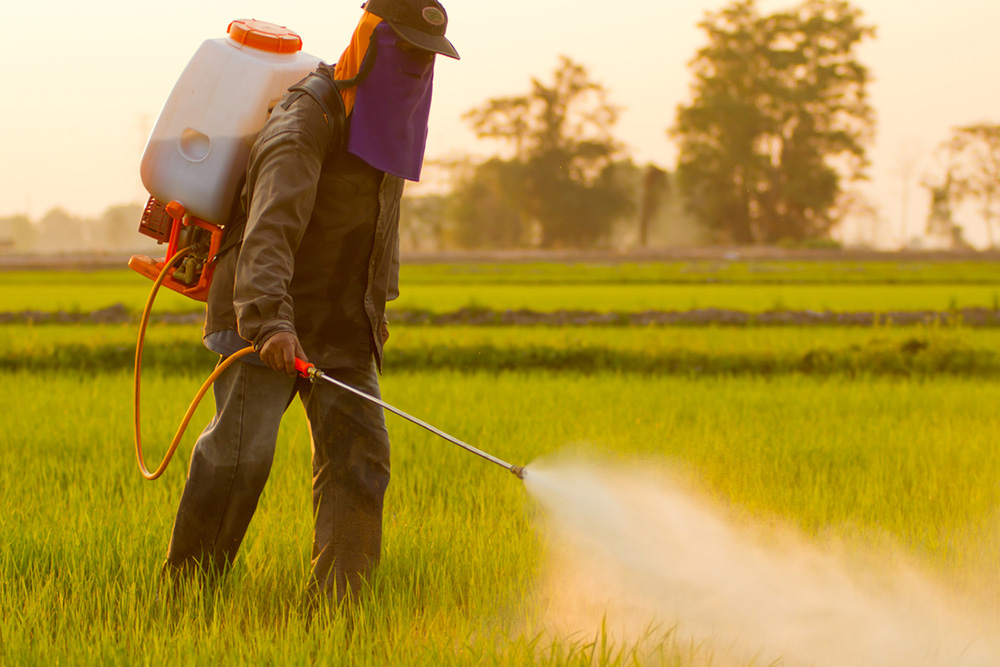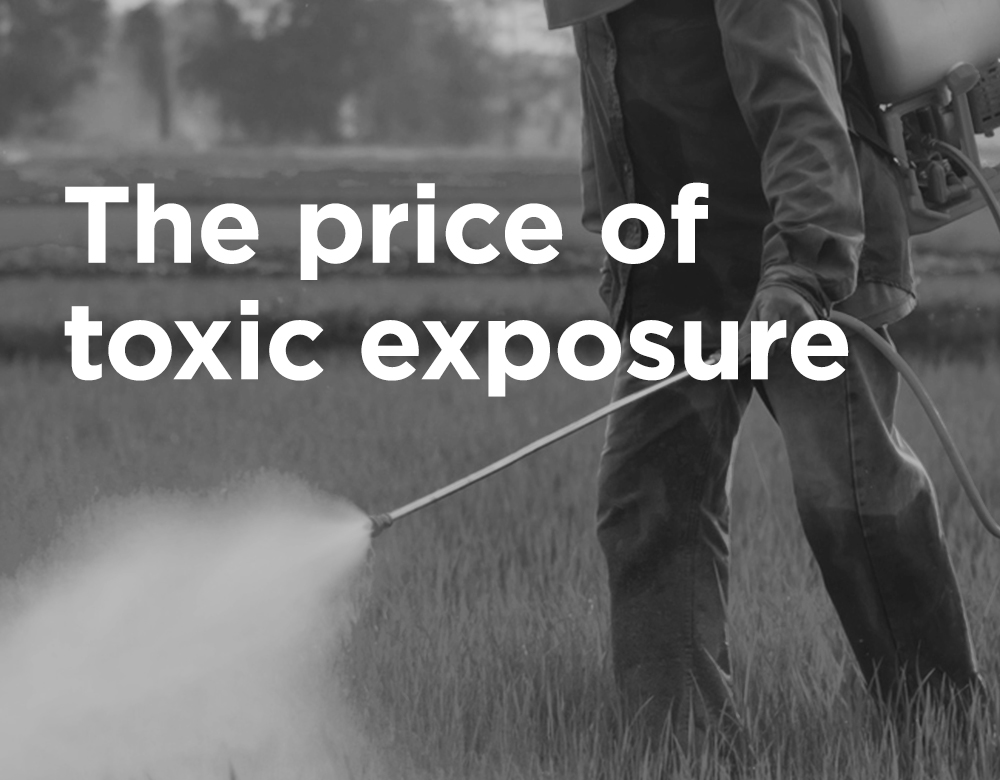More than 30 million school meals are served each school day to students throughout the United States. But how healthy are these meals?
Moms Across America (MAA) recently published information about what’s in the food served to elementary and high school students, showing that these growing children probably aren’t getting what they need to sustain them through a day of school and might even be consuming harmful chemicals.
What’s in Public School Meals?
In September 2022, MAA, a nonprofit organization focused on ensuring a healthy future for the nation’s children, published the test results of 43 school lunch samples collected by parents and students from public schools in 15 states.
- 95.3% contained the herbicide glyphosate, a suspected carcinogenic.
- 74% contained at least one of 29 harmful pesticides.
- 21% contained four veterinary drugs and hormones at high levels.
- 100% contained heavy metals at levels up to 6,293 times higher than the U.S. Environmental Protection Agency’s (EPA’s) maximum levels allowed in drinking water.
In addition, most of the school lunch samples were found to be very low in nutrients. The MAA noted: “Without proper nutrients, our children’s brains will not function properly, and their bodies will not be developed as needed. Often children with learning and behavioral issues are deficient in just one or two minerals or vitamins; when those nutrients are added to their diet, their mental, physical, and behavioral issues subside. Even violent behavior is discontinued. Our children must have proper nutrient-dense food.”
MAA Director Zen Honeycutt told the Markets Herald: “These test results of the school lunches show us that we have a national crisis on our hands. Our government is allowing our children to be poisoned with a shocking number of toxins that contribute to various health, behavioral, and learning issues.”
Why Are Pesticides and Other Toxins in School Meals?
School meals given to public school children are typically composed of food crops conventionally farmed in the United States, which, according to MAA, are commonly sprayed with pesticides and grown in nutrient-depleted soil. Many of these are genetically modified crops, which are banned or restricted in more than 60 countries. According to the nonprofit organization, GMO/Toxin Free USA, “GMOs and related synthetic pesticides have been linked to toxic effects in the kidneys, liver, pancreas, and reproductive organs, allergies, gut-related conditions, reproductive problems, birth defects, obesity, tumors, cancer and other illnesses in independent peer-reviewed laboratory animal feeding studies.”
Conventionally raised farm animals are injected with antibiotics and growth hormones, and these medications end up in the meat-filled tacos and hamburgers eaten by schoolchildren.
The MAA report explains: “The frequent use of these chemicals—for instance, 280 million pounds of glyphosate herbicides are used each year in the United States—has been shown to kill the microorganisms in the soil that are critical for soil health. Glyphosate also traps many minerals, depleting the soil of essential nutrients…The heavy metals in the fertilizer leach into the soil, are taken up into the crop, and are found in wheat, corn, soy, and many other food ingredients.”
How Do Glyphosate and Other Pesticides Affect the Body?
In 2015, a group of 17 experts from 11 countries convened at the World Health Organization’s International Agency for Research on Cancer to evaluate the scientific evidence for toxic consequences of using organophosphate insecticides and herbicides, including glyphosate. The group subsequently issued a report that designated glyphosate, malathion, and diazinon as “probably carcinogenic to humans.”
According to the EPA, “Pesticides are designed to (in most cases) kill pests. Many pesticides can also pose risks to people…The health effects of pesticides depend on the type of pesticide. Some, such as organophosphates and carbamates, affect the nervous system. Others may irritate the skin or eyes. Some pesticides may be carcinogens. Others may affect the hormone or endocrine system in the body.”





